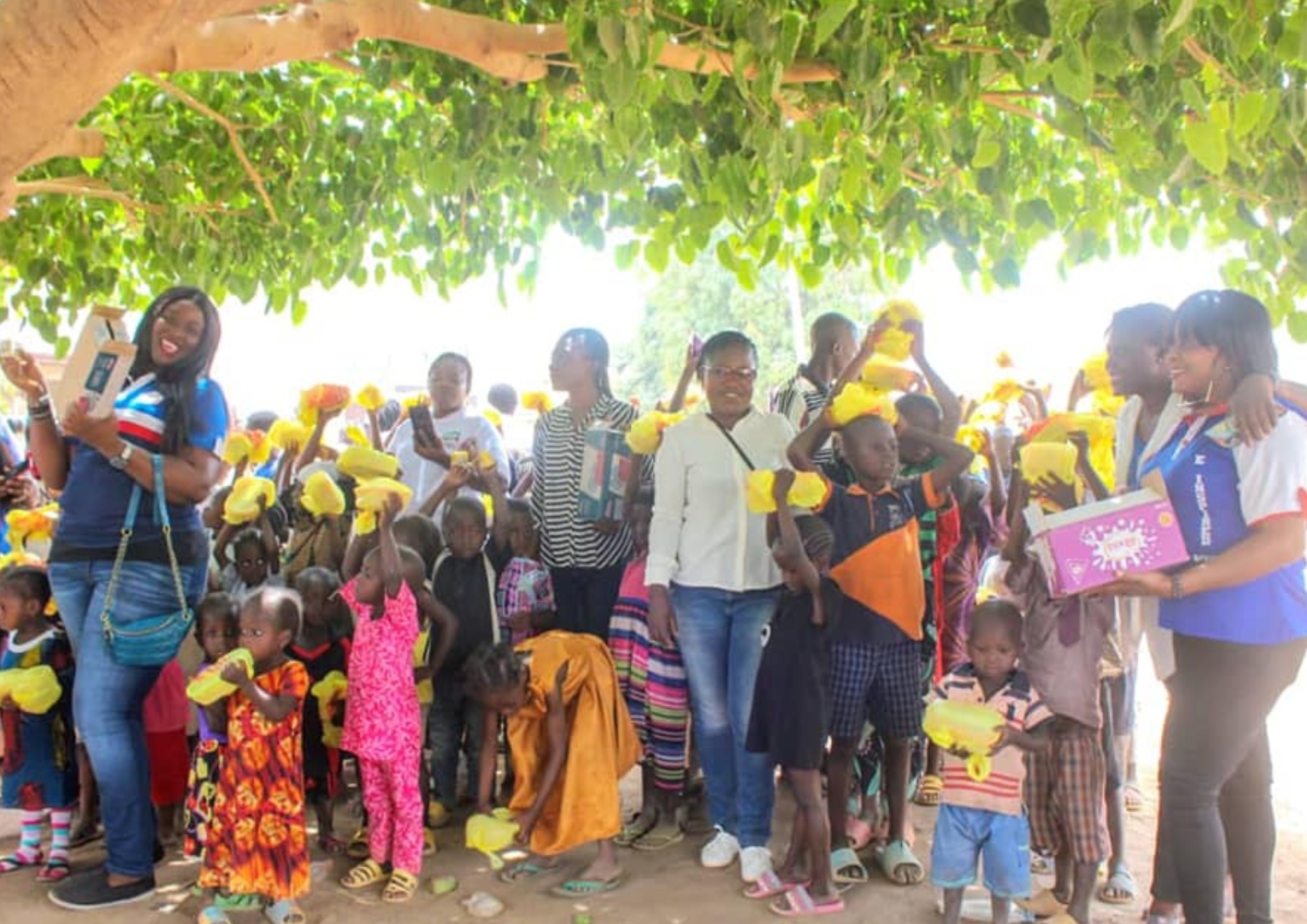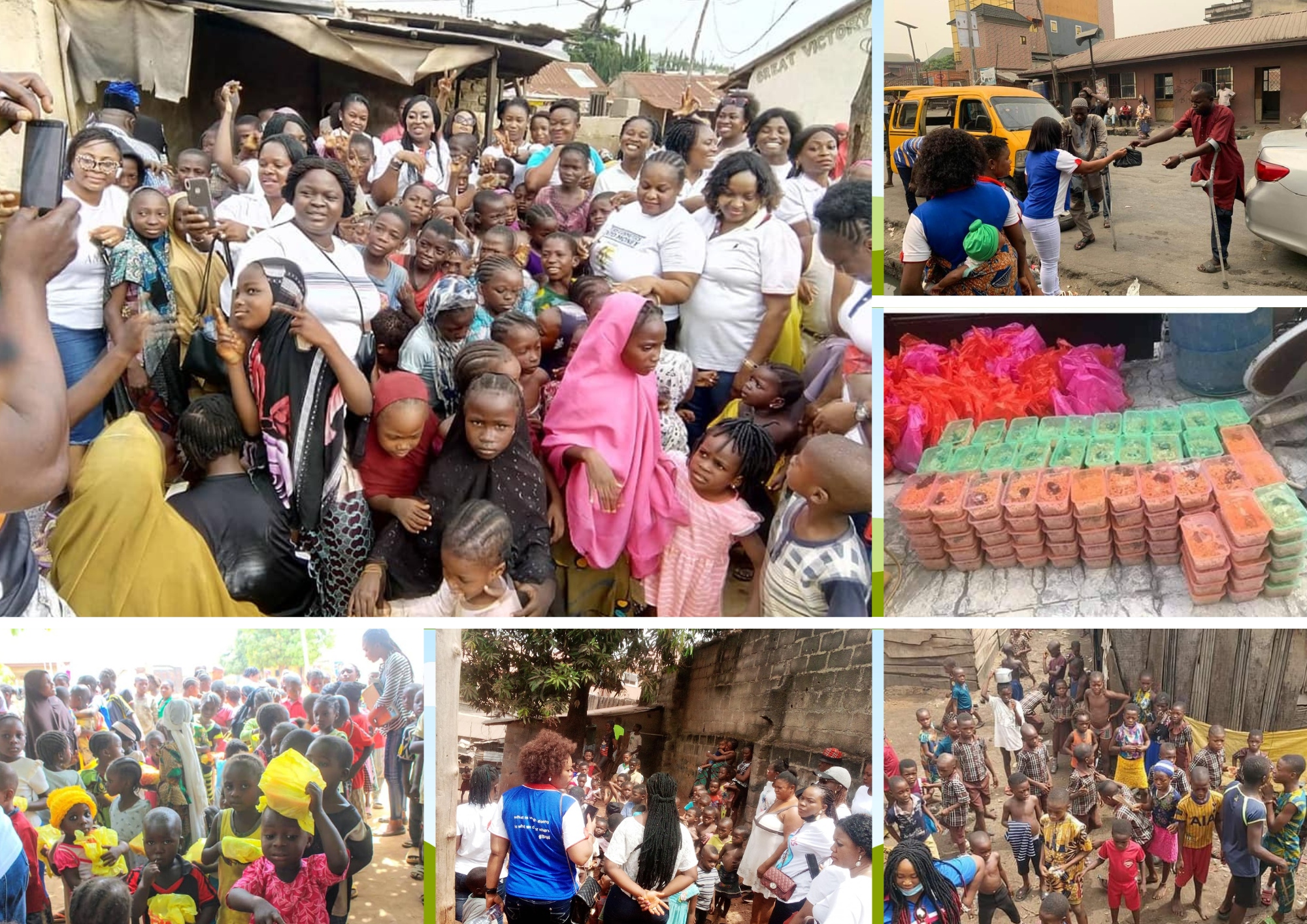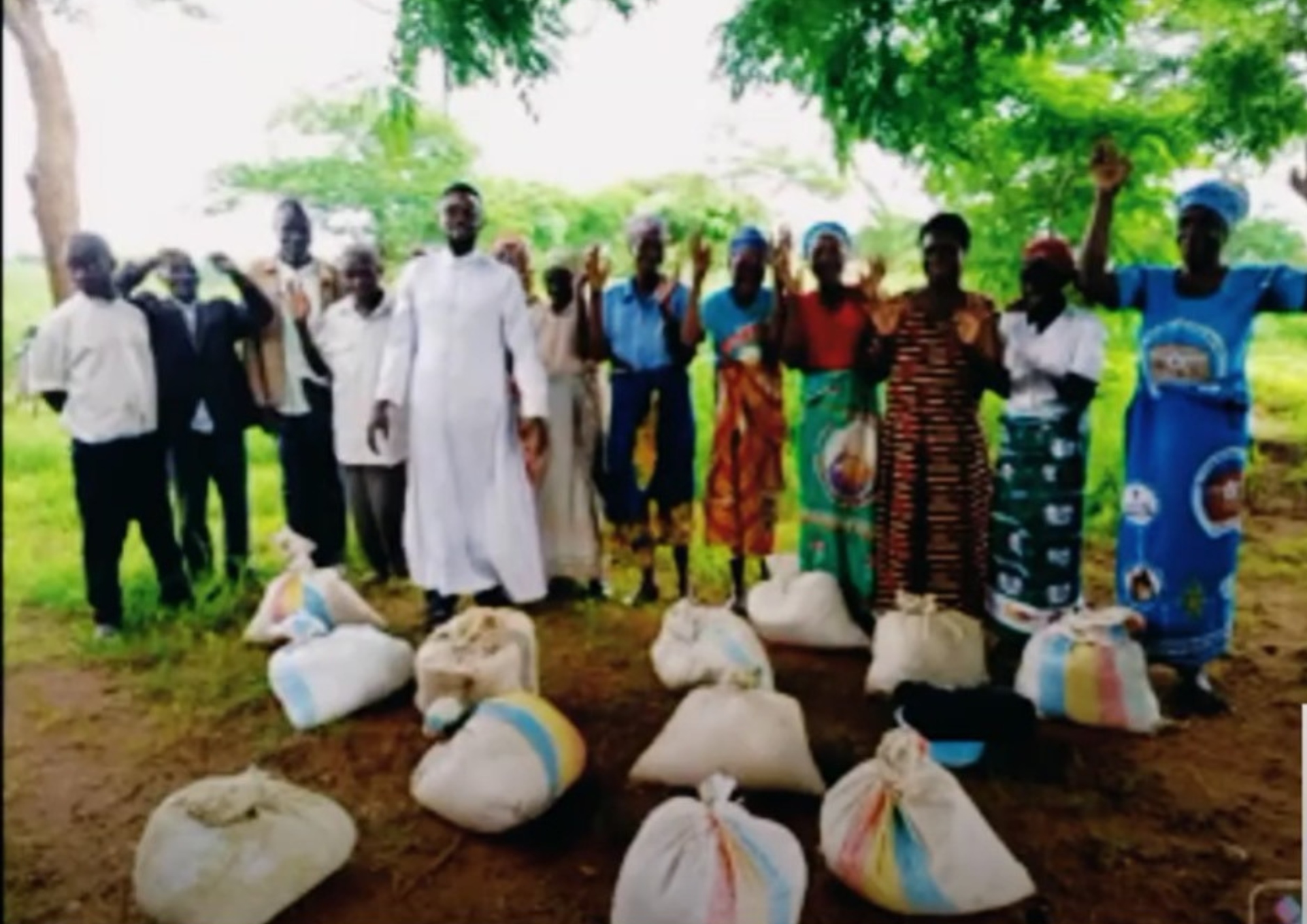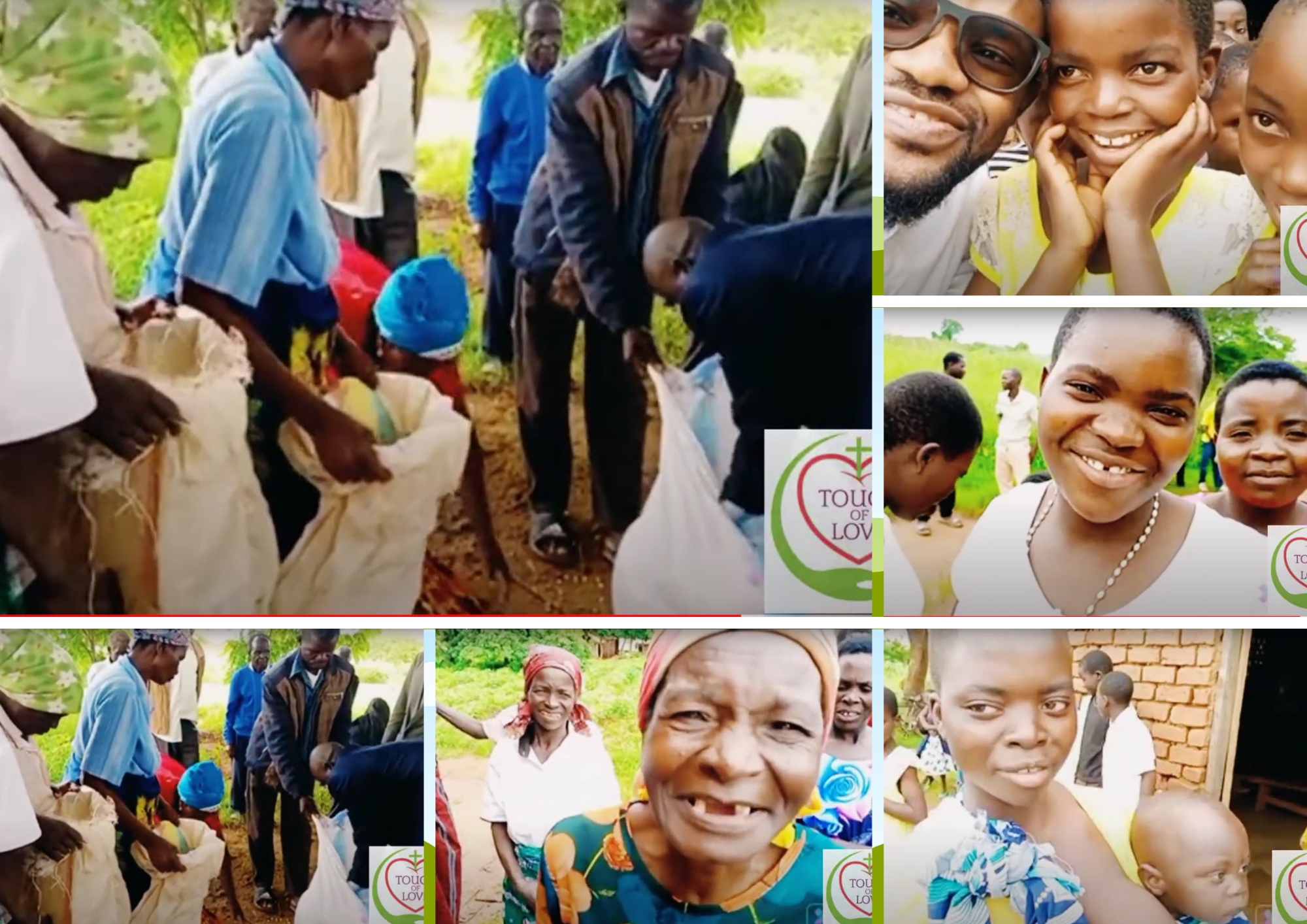Hunger Alleviation:
Touch of Love International
Through the distribution of essential food items, including over 350,000 food items and 300 bags of corn, Touch of Love International provides immediate relief to families and individuals facing severe food insecurity, notably in remote and grassroots communities. Our efforts ensure that thousands of homeless adults and children receive the nutrition they need, directly impacting the lives of 12,000 individuals annually in Nigeria and aiding rural families in Malawi.

Target Areas: Remote and grassroots communities in Nigeria
Beneficiaries: 12,000 homeless adults and children fed annually

IMPACTS:
Beneficiaries: 12,000 homeless adults and children fed annually

Distribution of 300 bags of corn to provide immediate food relief to vulnerable families in Malawi.
Target Beneficiaries:
Rural families, especially those headed by women.
IMPACTS

